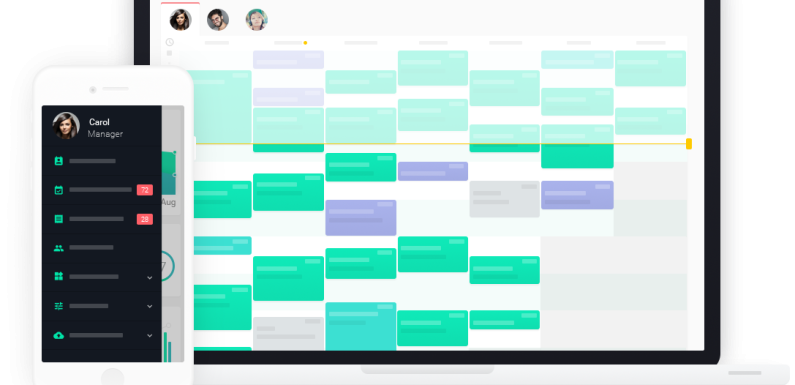
Korean technological innovation extends beyond smartphones and beauty products into wellness services, mainly how online platforms connect clients with massage therapists. These sophisticated reservation systems have revolutionized the massage industry in Korea, creating efficient marketplaces where customers find personalized therapeutic experiences. The matching processes employed by these platforms represent a fascinating blend of technology and human-centred service design worth exploring.
Comprehensive customer profiling
Korean platforms begin with detailed customer profiling that goes beyond basic demographics. New users typically complete questionnaires covering physical conditions, stress levels, previous injuries, pressure preferences, and wellness goals. Some advanced platforms incorporate medical history integration to ensure therapists know the conditions requiring special attention. This comprehensive approach allows the platform to understand what services customers want, why they’re seeking them, and what outcomes would constitute success.
Advanced matching algorithms
The core of Korean matching systems relies on sophisticated algorithms that analyze multiple variables simultaneously. Unlike simpler booking systems that only filter by location and availability, Korean platforms employ weighted matching criteria, including:
- Therapist specializations and certified techniques
- Customer preference history and feedback patterns
- Previous session outcomes and reported satisfaction
- Compatibility factors like communication style and energy
Machine learning components continuously refine these matches based on outcomes, creating increasingly accurate recommendations. These systems often prioritize consistency, attempting to match customers with the same therapists for follow-up sessions when satisfaction ratings are high.
Therapist verification and skill assessment
Korean platforms implement rigorous verification processes that exceed standard background checks. Many require therapists to demonstrate techniques through in-person skill assessments or video submissions evaluated by senior practitioners. Certification documentation undergoes multi-point verification, often including direct confirmation with issuing institutions. Some leading platforms maintain relationships with massage therapy schools and training centres, creating pipelines for vetted graduates. This comprehensive approach ensures that platform claims about therapist qualifications reflect genuine expertise rather than self-reported skills.
Business trip thai services
Korean platforms have developed specialized offerings for business travellers seeking authentic massage experiences. With rising interest, 출장홈타이 sessions cater to executives seeking relaxation in their temporary accommodations. These platforms carefully match Thai-trained specialists with business travellers, considering both the specific methods requested and the unique scheduling constraints of business itineraries. This service category reflects the platforms’ understanding that business travellers seek convenience, cultural authenticity, and stress relief tailored to travel-related tension.
Real-time availability
The technological infrastructure supporting Korean reservation systems enables accurate real-time availability updates. This minimizes booking conflicts and allows for dynamic pricing models that adjust based on the following:
- Time of day and current demand patterns
- Therapist popularity and specialized expertise
- Location-based travel requirements
- Seasonal factors and local events
Customers benefit from this transparency with clear pricing expectations and occasionally advantageous rates during off-peak hours, while therapists maximize their earning potential during high-demand periods.
Customer feedback integration
What truly distinguishes Korean platforms is their sophisticated feedback systems. Rather than simple star ratings, these platforms collect nuanced feedback about specific aspects of each session. Therapists receive anonymized constructive feedback that helps them improve their services, while the system uses this data to refine future matches. This creates a continuous improvement loop where customers and therapists benefit from increasingly personalized experiences.

